Finding joy in an app – Dr Christine Wekerle
Reference
https://doi.org/10.33424/FUTURUM02
According to research conducted by Dr Christine Wekerle and her team in Ontario, Canada, youth who have experienced adverse childhood events such as abuse are less likely to display problem behaviour if they have high levels of self-compassion. It appears, then, having a resilient mindset allows us to keep mentally and physically well, but keeping positive is easier said than done. With this in mind, Chris and her team have designed an app known as “JoyPop” that can help young people build on their resilience on a daily basis.
WHAT IS RESILIENCE?
According to the American Psychological Association, resilience is ‘the process of adapting well in the face of adversity, trauma, tragedy, threats or significant sources of stress — such as family and relationship problems, serious health problems or workplace and financial stressors’.
Chris has devoted much time to studying resilience and how youth can build it. From her studies, she has found that most young people have incredible resilience potential. However, she has also found that youth find it difficult to manage their emotions, organise their thoughts, and express themselves – making it harder to unlock this resilience potential.
‘There are different ways to think about stress,’ she says. ‘“Positive stress” is the kind of feeling that can push you towards completing a task even though you’re a bit hesitant. “Tolerable stress” is when you know you can do whatever it is you need to do, but you feel stressed about doing it. “Toxic stress” is the overwhelming feeling that you’re not able to cope. One or two traumatic experiences might lead to toxic stress, as well as traumatic circumstances that have occurred throughout your childhood, such as living with family members who have problems with alcohol, drugs or violence.’
HOW CAN WE BE RESILIENT?
We all have a natural resilience, but how we tap into this will depend on how much attention we pay to it. In any given day, resilience can fluctuate, meaning that the same difficulty or challenge will feel harder to overcome at different times in our lives. Many people believe that the key to experiencing joy is by eliminating negativity altogether. But, in a lot of cases, we cannot run away from the challenge; nor change the circumstances we’re in. Chris suggests that we should, instead, focus on the positives. Positive thinking, and the feeling of joy that goes with it, can help us to routinely draw on our resilience.
HOW DOES JOYPOP WORK?
JoyPop is a product of Chris’s research into resilience, and she has worked with young people to create it. The app has been designed to help users become better aware of their emotions, track the changes in their mood, focus their attention, organise thoughts and engage in positive activities. It achieves these goals by way of the following features, which are immediately available on the landing page:
- EMOTION RATINGS: The app asks you to rate your happiness. If it’s below 50%, it will help you identify the negative emotion you’re experiencing, and follows this up with some suggested activities
- ACTIVITIES: The activities help you to re- focus, de-stress and stimulate learning
- BREATHING EXERCISES: There are two breathing exercises to help you feel balanced and relaxed
- JOURNAL ENTRIES: This journal feature allows you to express yourself by putting your thoughts and emotions into words. The app gives you prompts to get you started
- CIRCLE OF TRUST: The so-called “Circle of Trust” enables you to enter up to six contacts (friends, family members, teachers, etc.) – people you can call when you need support. There’s also a helpline, which is just an icon touch away
- CALENDAR: All of the above activities can be saved into your calendar, so you can discover what works best for you
‘Checking in on your emotions – when this is paired with a menu of activities to boost positivity – is like taking your temperature and being empowered to act in response,’ says Chris. ‘You can plan what to do next to boost your “pops” of joy. The great thing is you have lots of options.’
WHO EXACTLY WORKED ON THE APP, AND WHY?
Chris and her team felt that an app would be a great tool for helping young people to draw on their own resilience – but nothing like this currently exists. To understand what would appeal to the youth, she worked with undergraduates at McMaster University, professionals who work with young people, and a group of youth advocates, aged 16 and up, who ran a weekly Twitter account called TEARtalk (Teens Ending Abusive Relationships). Clearbridge Mobile, an app development company based in Ontario, helped create the app in full.
Reference
https://doi.org/10.33424/FUTURUM02
Anyone can use JoyPop. At the moment, it’s being tested among youth who are in their first year at university, which for many is a stressful time. But the app’s features have been designed to appeal to boys and girls as well as young men and women.
The app is still in this testing phase, with Chris and her team working on further research studies to understand how the app might be adapted to different circumstances; for example, for youth living in adverse environments. The aim, though, is to have it available in 2019 for anyone who feels they could do with a little more positivity in their lives.
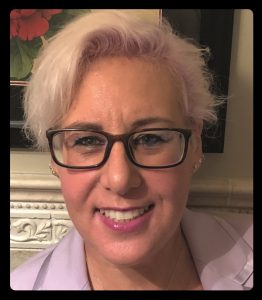
DR CHRISTINE WEKERLE
Associate Professor of Paediatrics
Offord Centre for Child Studies
McMaster University, Canada
FIELD OF RESEARCH: Paediatrics, Clinical Psychology, Adolescent Health, Violence Prevention, Resilience
RESEARCH PROJECT: JoyPop, an app that helps you to track changes in your mood, focus your attention, organise thoughts, and engage in positive activities. In turn, this helps you to manage stress, deal with challenging circumstances and make good decisions.
According to research conducted by Dr Christine Wekerle and her team in Ontario, Canada, youth who have experienced adverse childhood events such as abuse are less likely to display problem behaviour if they have high levels of self-compassion. It appears, then, having a resilient mindset allows us to keep mentally and physically well, but keeping positive is easier said than done. With this in mind, Chris and her team have designed an app known as “JoyPop” that can help young people build on their resilience on a daily basis.
WHAT IS RESILIENCE?
According to the American Psychological Association, resilience is ‘the process of adapting well in the face of adversity, trauma, tragedy, threats or significant sources of stress — such as family and relationship problems, serious health problems or workplace and financial stressors’.
Chris has devoted much time to studying resilience and how youth can build it. From her studies, she has found that most young people have incredible resilience potential. However, she has also found that youth find it difficult to manage their emotions, organise their thoughts, and express themselves – making it harder to unlock this resilience potential.
‘There are different ways to think about stress,’ she says. ‘“Positive stress” is the kind of feeling that can push you towards completing a task even though you’re a bit hesitant. “Tolerable stress” is when you know you can do whatever it is you need to do, but you feel stressed about doing it. “Toxic stress” is the overwhelming feeling that you’re not able to cope. One or two traumatic experiences might lead to toxic stress, as well as traumatic circumstances that have occurred throughout your childhood, such as living with family members who have problems with alcohol, drugs or violence.’
HOW CAN WE BE RESILIENT?
We all have a natural resilience, but how we tap into this will depend on how much attention we pay to it. In any given day, resilience can fluctuate, meaning that the same difficulty or challenge will feel harder to overcome
at different times in our lives. Many people believe that the key to experiencing joy is by eliminating negativity altogether. But, in a lot of cases, we cannot run away from the challenge; nor change the circumstances we’re in. Chris suggests that we should, instead, focus on the positives. Positive thinking, and the feeling of joy that goes with it, can help us to routinely draw on our resilience.
HOW DOES JOYPOP WORK?
JoyPop is a product of Chris’s research into resilience, and she has worked with young people to create it. The app has been designed to help users become better aware of their emotions, track the changes in their mood, focus their attention, organise thoughts and engage in positive activities. It achieves these goals by way of the following features, which are immediately available on the landing page:
- EMOTION RATINGS: The app asks you to rate your happiness. If it’s below 50%, it will help you identify the negative emotion you’re experiencing, and follows this up with some suggested activities
- ACTIVITIES: The activities help you to re- focus, de-stress and stimulate learning
- BREATHING EXERCISES: There are two breathing exercises to help you feel balanced and relaxed
- JOURNAL ENTRIES: This journal feature allows you to express yourself by putting your thoughts and emotions into words. The app gives you prompts to get you started
- CIRCLE OF TRUST: The so-called “Circle of Trust” enables you to enter up to six contacts (friends, family members, teachers, etc.) – people you can call when you need support. There’s also a helpline, which is just an icon touch away
- CALENDAR: All of the above activities can be saved into your calendar, so you can discover what works best for you
‘Checking in on your emotions – when this is paired with a menu of activities to boost positivity – is like taking your temperature and being empowered to act in response,’ says Chris. ‘You can plan what to do next to boost your “pops” of joy. The great thing is you have lots of options.’
WHO EXACTLY WORKED ON THE APP, AND WHY?
Chris and her team felt that an app would be a great tool for helping young people to draw on their own resilience – but nothing like this currently exists. To understand what would appeal to the youth, she worked with undergraduates at McMaster University, professionals who work with young people, and a group of youth advocates, aged 16 and up, who ran a weekly Twitter account called TEARtalk (Teens Ending Abusive Relationships). Clearbridge Mobile, an app development company based in Ontario, helped create the app in full.
WHO IS JOYPOP AIMED AT AND IS IT AVAILABLE NOW?
Anyone can use JoyPop. At the moment, it’s being tested among youth who are in their first year at university, which for many is a stressful time. But the app’s features have been designed to appeal to boys and girls as well as young men and women.
The app is still in this testing phase, with Chris and her team working on further research studies to understand how the app might be adapted to different circumstances; for example, for youth living in adverse environments. The aim, though, is to have it available in 2019 for anyone who feels they could do with a little more positivity in their lives.

DR CHRISTINE WEKERLE
Associate Professor of Paediatrics
Offord Centre for Child Studies
McMaster University, Canada
FIELD OF RESEARCH: Paediatrics, Clinical Psychology, Adolescent Health, Violence Prevention, Resilience
RESEARCH PROJECT: JoyPop, an app that helps you to track changes in your mood, focus your attention, organise thoughts, and engage in positive activities. In turn, this helps you to manage stress, deal with challenging circumstances and make good decisions.
WHAT DID YOU WANT TO BE WHEN YOU WERE YOUNGER?
A ballet dancer, theatre actor, painter…. My mother, though, was insistent that I become a doctor of some sort. I did really like science, especially chemistry.
When I was a child and a teenager, I pushed myself a lot. I submitted poetry to a library contest; I sent my clothing and shoe designs to a department store contest; I got myself an agent for acting. Looking back, all of these learning experiences helped me deal with the unexpected, and tested my skills and boundaries. They helped me to focus on what I really wanted to do so I could let go of things I wasn’t so good at or prepared to do.
WHICH SUBJECTS DID YOU END UP STUDYING AT UNIVERSITY?
I did an honours undergraduate degree in clinical psychology, before going on to graduate school where I studied clinical psychology.
IF YOU COULD GO BACK IN TIME WHAT ADVICE WOULD YOU GIVE YOURSELF WHEN YOU WERE STARTING OUT ON YOUR CAREER PATH?
Stick to your undergraduate resilience programming – in other words, dance classes, sport, theatre, whatever you enjoy doing. Self- care is too easy to push to one side when things get really busy, but it helps with everything
else you’re doing because you’re managing stress. There’s lots of evidence to show that exercise is good for mild to moderate depression and anxiety.
Chris really wanted to be an actor when she was younger, and so she got herself an agent. Here she is acting in an TV advertisement for Tim Horton Coffee & Donuts in 1982. What do you think? Should she get back into acting or keep helping young people with her research?
Check out the activity sheet (Clinical Psychology with Dr Christine Wekerle) and find out more about your friends and family with the “There’s more to people than meets the eye” exercise.
Clinical psychology is a branch of science that focuses on the study of the mind. It integrates many other types of study such as developmental science, neuroscience, population health, and mechanisms of change (understanding how and why people change their behaviour). In a practical sense, clinical psychologists use psychological science theory, laboratory studies and human research to identify models of distress or dysfunction, as well as wellness, resilience and personal development. Clinical and resilience interventions can then be developed and tested for effectiveness and impact.
WHY DO WE NEED CLINICAL PSYCHOLOGISTS?
Clinical psychologists help people to deal with trauma, mental illness and behavioural problems. There are so many different contexts where clinical psychologists are valuable – workplace wellness, mental health, first aid, humanitarian crises, coping with climate disasters, family dynamics and dysfunction, school bullying, cyberbullying, sexual exploitation, social justice, advocacy, policy and good government, and so forth. Clinical psychology may also be a stepping stone to many other areas such as the military, public health and international rights. Given that clinical psychology has such broad applications and can help people with such a large variety of problems, clinical psychologists are well sought after.
WHAT PASSIONS AND PERSONAL QUALITIES DO YOU NEED TO WORK IN THIS FIELD?
A curious mind is critical. On a personal level, compassion is an important quality to have. That’s why getting involved with community-based, collaborative activities is a good idea if you want to pursue a career in psychology. Psychologists will encourage you to spend time with those who are experiencing psychological or psychiatric challenges, because it’s important to confirm that you have the needed compassion and are able to work in these sensitive areas. It’s also a great way to learn how to deal with the unexpected. In summary, excellent communication and interpersonal skills are needed.
HOW DO YOU BECOME A PSYCHOLOGIST?
Of course, the process of becoming a clinical psychologist will differ from country to country. This is especially true when it comes to registering as a practitioner after your studies. Generally speaking, however, it begins with an undergraduate degree in psychology at university, which teaches the fundamentals of psychology. After that, you’ll need to undertake postgraduate studies in clinical psychology – usually either a postgraduate diploma or a master’s degree. Then, you’ll need to earn a doctorate.
• Your local university will almost always offer a bachelor’s course in psychology, even if it works with another institution to provide it
• One of the best ways to get involved, and see if psychology is for you, is to volunteer at a local organisation. Doing so is even more important during your university studies
• The Psychology Foundation of Canada is always on the lookout for volunteers interested in psychology, mental health, education, non-profit work or event planning
• While it does vary, a clinical psychologist can expect to earn from about US $50,000


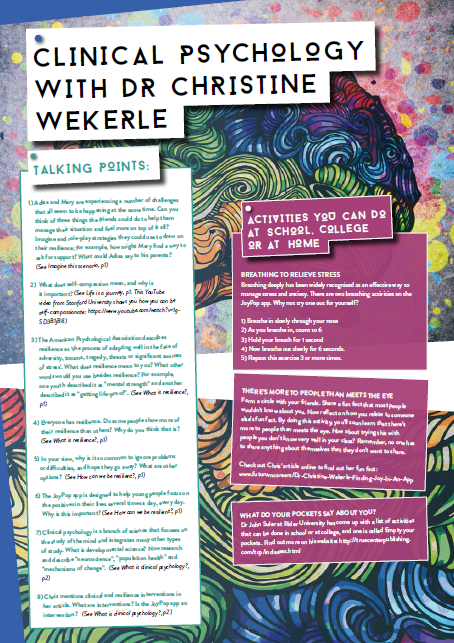
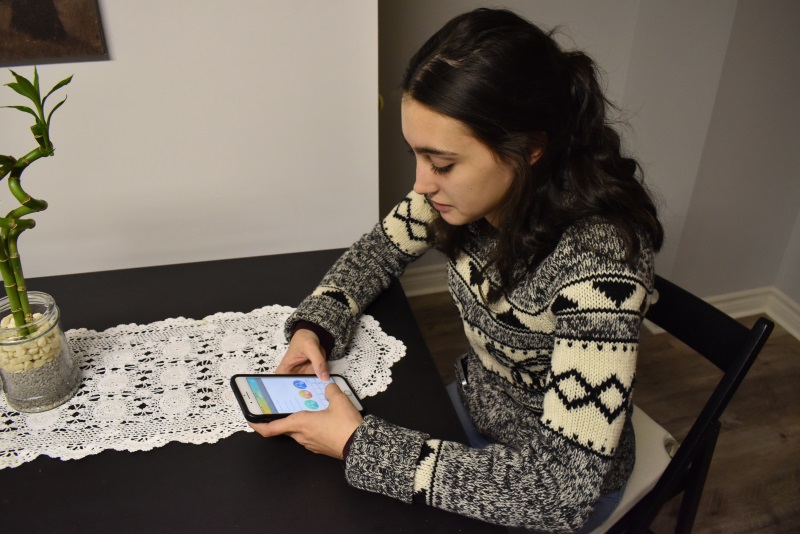

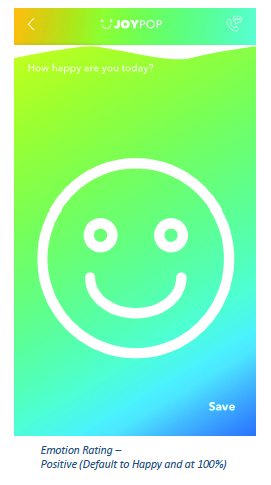
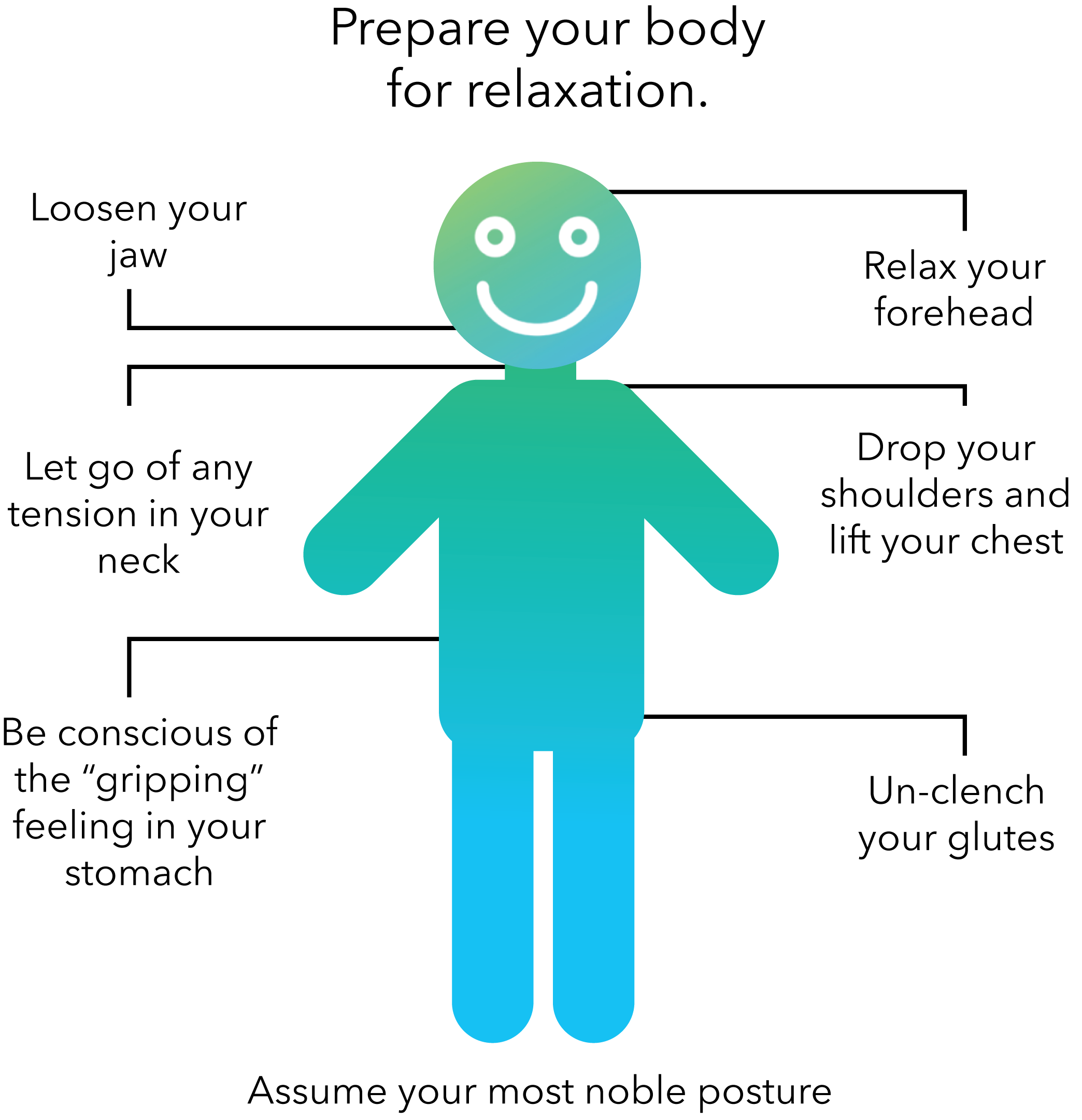
Bonjour ou je trouve l application ma petite fille de 17 ans aura besoin pour se comprend deans sa tête et ses émotions merci
Hello, where can I find the app? My 17 year-old daughter needs this to understand the emotions in her head – translated by the web moderator.
Bonjour Carole
Merci de votre intérêt pour l’application JoyPop! En effet, l’application JoyPop peut aider les jeunes à mieux réguler leurs émotions. L’application JoyPop n’est pas encore disponible sur le marché, mais devrait sortir sur l’App Store pour appareils iPhone en 2019. Veuillez suivre @ joypop.app sur instagram ou JoyPop. App sur Facebook pour plus d’informations sur la sortie de l’application.
Hello Carole
Thank you for your interest in the JoyPop app! Indeed, the JoyPop app can help young people to better regulate their emotions. The JoyPop app is not yet available on the market, but should be released on the App Store for iPhone devices in 2019. Please follow @ joypop.app on instagram or JoyPop. App on Facebook for more information on the release of the application – translated by the web moderator